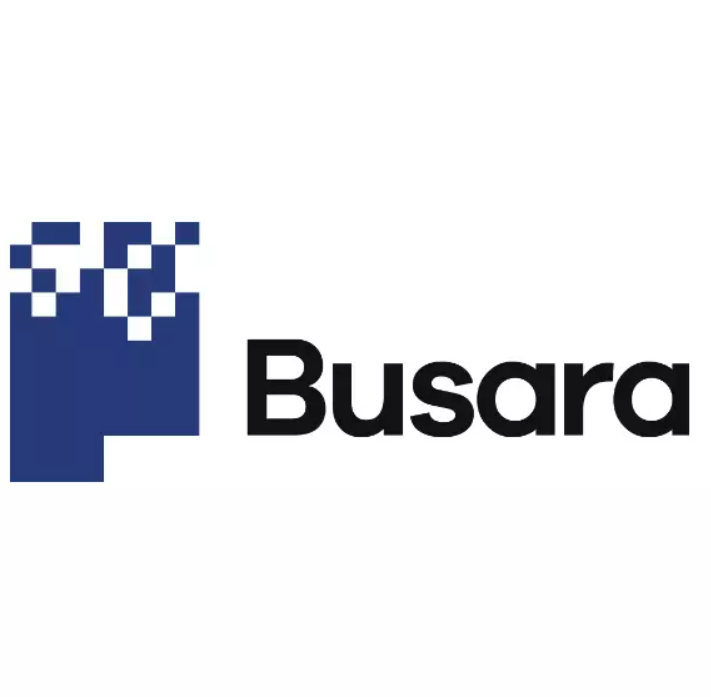The Impact of Anonymous Ratings on Consumer Fears of Fraud in Kenya and Uganda
Funded by IPA, researchers investigated whether access to anonymous customer reviews of mobile money agents would increase trust and customers’ willingness to transact with previously unknown agents.
Mobile money services offer an alternative, quick way for consumers to conduct financial transactions without relying on formal banking institutions. As of 2021, there are over 1.2 billion mobile service accounts in the world. However, despite the accessibility benefits of these mobile services, fraud is an increasing concern. [1] A recent survey by Innovations for Poverty Action highlights the growing importance of combating financial fraud. The 2021 survey found that 31 percent of Ugandans and 3 percent of Kenyans reported that they had personal experience being defrauded by mobile money agents. [2,3]
In addition to loss of money, fraud can instill distrust in financial institutions even among populations that have not directly experienced fraud. This may prevent them from transacting with legitimate mobile money agents, because of anecdotes related to fraud. As a result, consumers often prefer transacting with agents they know, which may constrain access if a known agent is not available or lacks funds to transact.
In Kenya and Uganda, researchers investigated whether access to anonymous customer reviews of mobile money agents would increase trust and customers’ willingness to transact with previously unknown agents. The pilot study included 2,000 mobile money users (1,500 in rural Kenya and 500 in urban Uganda). They selected a preferred mobile money agent from a list of participating agents with names and photos given. They were then given the opportunity to visit this preferred “known” agent for a bonus of 50 KSH (USD $0.44) or visit an “unknown” agent instead for a higher bonus of 70 KSH (USD $0.62). Participants randomly received either a customer review of the unknown agent or no information about the agent prior to making their decision. The customer ratings were generated by mystery shoppers who visited the agents prior to the exercise.
Results show that with no information about a new agent, 57 percent of participants sacrificed a higher bonus to visit a preferred agent. When they were shown a customer review first, participants were on average 16 percentage points more likely to transact with the unknown agent (18 percentage points in Kenya and 9 percentage points in Uganda). Several review formats were compared, including star versus written ratings, ratings from one customer versus five customers, and ratings that were anonymous versus attributed to a known person. There were no significant differences in the impact of the ratings by format, or by participant gender or age. Among all participant types, all rating formats appeared to increase openness to visiting new agents. These findings suggest that customer rating systems may improve user trust and willingness to transact with previously unknown mobile money agents.
Sources
1. Andersson-Manjang, Simon K., Nika Naghavi, State of the Industry Report on Mobile Money 2021, 86, accessed December 28, 2021, https://www.gsma.com/mobilefordevelopment/wp-content/uploads/2021/03/GSMA_State-of-the-Industry-Report-on-Mobile-Money-2021_Full-report.pdf
2. Mazer, R. & Bird, M. (2021). Consumer Protection Survey of Digital Finance Users: Uganda", https://doi.org/10.7910/DVN/ROLCU4, Harvard Dataverse, V1
3. Mazer, R. & Warren, S. (2021). "Consumer Protection Survey of Digital Finance Users: Kenya", https://doi.org/10.7910/DVN/F8ZRPF, Harvard Dataverse, V1
Partner













